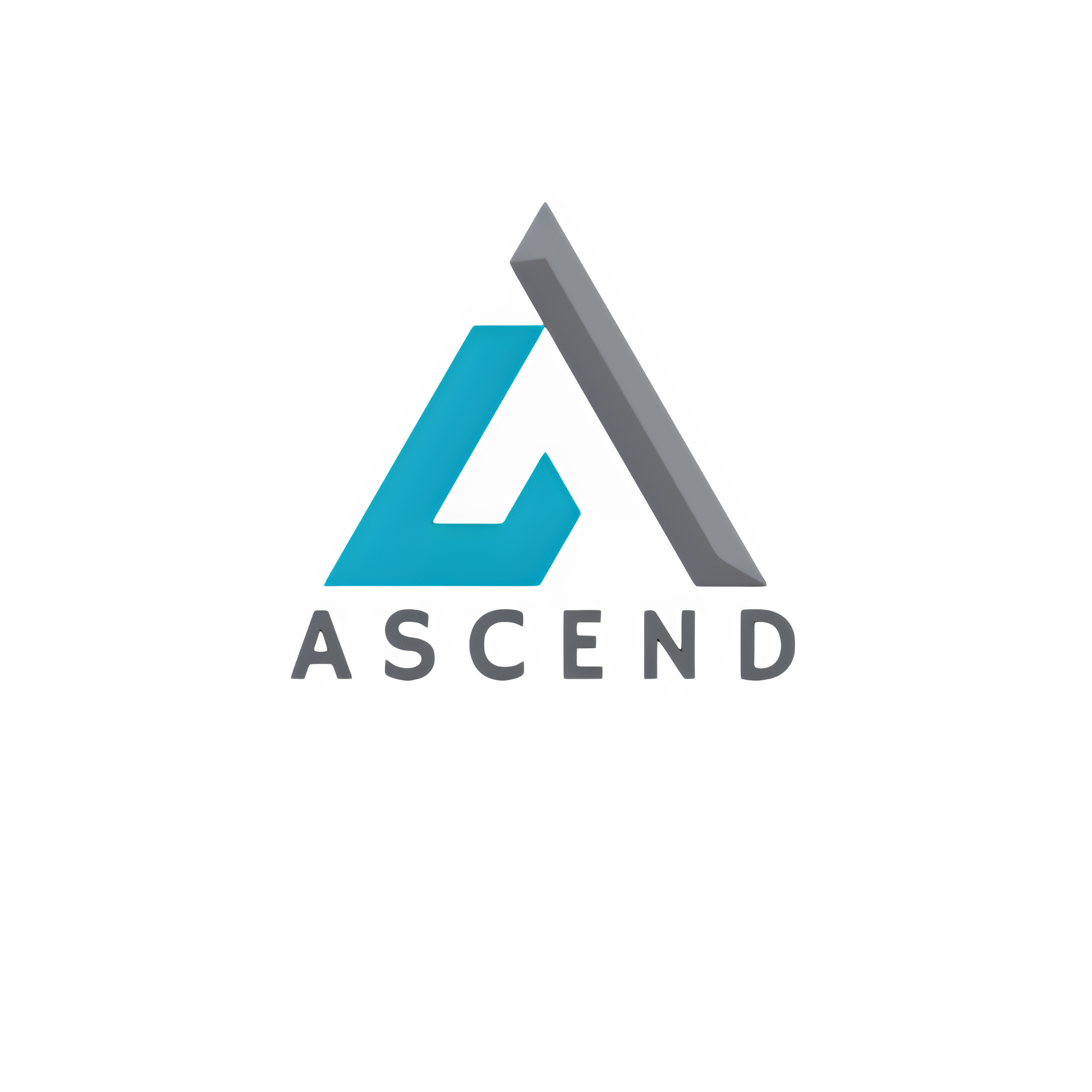Recovery—it's more than just a buzzword in the world of fitness and wellness. It's the secret sauce that helps athletes bounce back stronger, the balm that soothes weary muscles, and the quiet moment that rejuvenates the mind. But what does recovery truly mean, and why is it so essential? Let's dive in and explore how embracing the art of recovery can transform your performance and well-being.
The Science of Recovery
Recovery isn't just about putting your feet up and binge-watching your favorite series. It's a complex process involving physiological, neurological, and psychological restoration. When you engage in intense physical activity, your muscles experience micro-tears, your energy reserves get depleted, and stress hormones spike. Recovery is the body's way of healing and strengthening itself, ensuring that you're ready to tackle the next challenge with gusto.
Key Benefits of Recovery
- Muscle Repair: Recovery allows muscles to heal and grow, reducing soreness and the risk of injury.
- Energy Restoration: It replenishes glycogen stores, giving you the stamina for future workouts.
- Hormonal Balance: Recovery helps regulate stress hormones, promoting a calm and balanced mood.
- Mental Clarity: It provides a mental break, enhancing focus and reducing burnout.
The Recovery Process: Steps to Rejuvenation
- Active Recovery: Incorporate low-intensity activities like walking, yoga, or light cycling to keep blood flowing without overexerting your body.
- Hydration: Water is your best friend. Staying hydrated aids in muscle recovery and overall health.
- Proper Nutrition: Fuel your body with protein, healthy fats, and carbohydrates to support muscle repair and energy replenishment.
- Sleep: Aim for 7-9 hours of quality sleep each night to allow your body to fully recharge.
- Stretching and Foam Rolling: These practices help alleviate muscle tension and improve flexibility, supporting quicker recovery.
- Mindfulness and Relaxation: Techniques like meditation or deep breathing can reduce stress and improve recovery outcomes.
Recovery Strategies for Athletes
Athletes often push their bodies to the limit, making effective recovery strategies crucial. Here are some tailored tips for those in high-performance sports:
- Contrast Baths: Alternating between hot and cold water can increase circulation and reduce muscle pain.
- Compression Gear: Wearing compression garments can decrease muscle soreness and enhance performance recovery.
- Massage Therapy: Professional massages can reduce tension and improve circulation, speeding up recovery.
- Recovery Supplements: Products like BCAAs, protein powders, and hydration solutions can support recovery when used appropriately.
Common Recovery Mistakes to Avoid
- Skipping Rest Days: Overtraining can lead to burnout and injuries. Always listen to your body and take rest days seriously.
- Ignoring Nutrition: Recovery isn't just physical. Without proper nutrition, your body struggles to repair and rebuild.
- Inadequate Sleep: No amount of stretching or supplements can replace the benefits of a good night's sleep.
- Neglecting Mental Health: Psychological recovery is as important as physical recovery. Make time for activities that nourish your mind.
FAQs about Recovery
Q: How long should a recovery period last? A: It varies depending on the intensity of your activity. Generally, muscle recovery can take 24-48 hours, but it can be longer for more intense sessions.
Q: Can I speed up my recovery process? A: While you can't rush recovery, you can optimize it by staying hydrated, eating well, and ensuring adequate rest. Supplements and active recovery techniques can also help.
Q: Is soreness a sign of a good workout? A: Not necessarily. While some soreness can indicate muscle engagement, excessive soreness could mean overtraining or improper form.
Q: Can recovery activities replace workouts? A: Active recovery should complement, not replace, regular exercise. It helps maintain fitness levels without the strain of intense workouts.
Embracing the art of recovery is like hitting the reset button for your body and mind. It allows you to recharge, refocus, and come back stronger. Whether you're a high-performance athlete or someone looking to optimize their well-being, prioritizing recovery will pave the way for sustained health and vitality. So, next time you lace up your sneakers or unroll your yoga mat, remember: recovery isn't just a part of the process; it's the key to unlocking your full potential.


Leave a comment
This site is protected by hCaptcha and the hCaptcha Privacy Policy and Terms of Service apply.